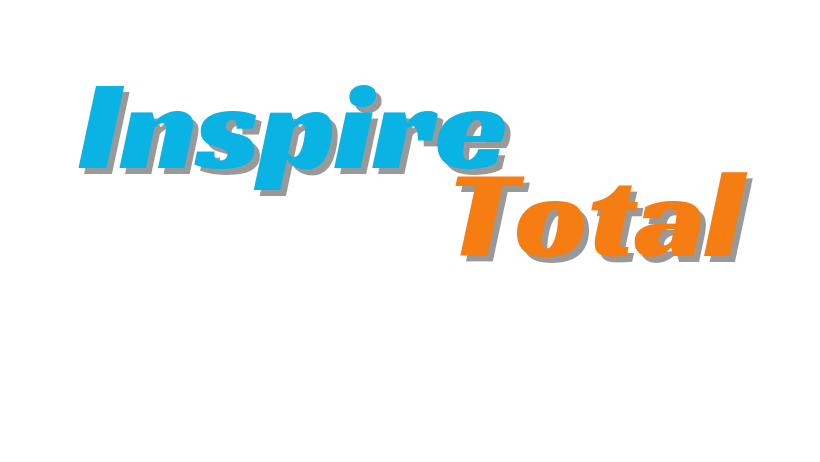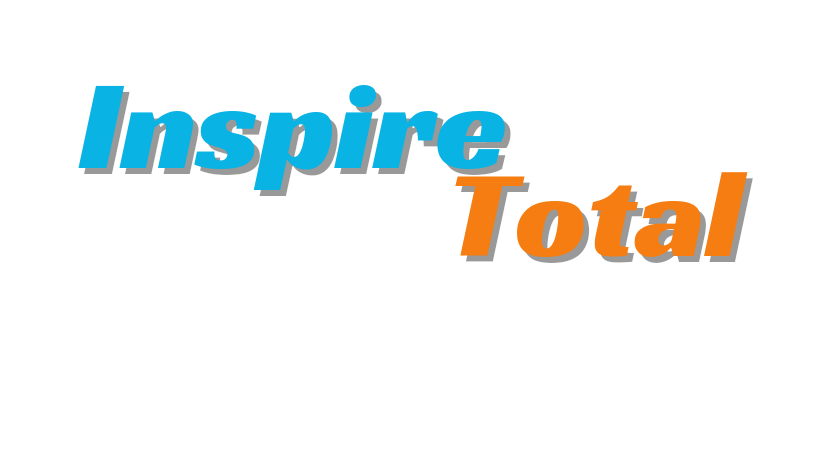The specter of AI-driven job automation looms large, particularly in knowledge-intensive fields like accounting and consulting. Yet, Deloitte, a global professional services behemoth, isn't cowering – it's embracing AI as a tool for workforce transformation, aiming to avoid the dystopian scenario of mass layoffs. Here's how they're leveraging this powerful technology:
Reskilling, not replacing: Deloitte champions the philosophy of upskilling and reskilling its workforce alongside AI implementation. AI tools are seen as collaborators, automating mundane tasks like data processing and report generation, freeing up human capital for higher-order activities like strategy, critical thinking, and client interaction. This shift allows employees to focus on their unique strengths and evolve within the company, creating a future-proof workforce.
AI-powered insights: Deloitte is integrating AI into its core services, creating innovative tools that augment human expertise. For example, AI-powered analytics platforms can sift through vast data sets, uncovering hidden patterns and generating valuable insights that would be impossible for humans alone. This allows Deloitte to offer its clients more sophisticated and data-driven solutions, strengthening its competitive edge and creating new career opportunities for employees skilled in interpreting and communicating AI-generated insights.
Personalized career paths: Deloitte recognizes that one size doesn't fit all when it comes to AI integration. The company uses AI to map individual employee skills and aptitudes to identify their optimal career paths within the evolving landscape. This personalized approach ensures a smooth transition for employees who may need to pivot to new roles as AI takes over certain tasks, minimizing disruption and fostering a culture of learning and growth.
Transparency and communication: Deloitte prioritizes open communication with its employees regarding AI integration. By being transparent about the rationale behind AI adoption and its potential impact on jobs, the company fosters trust and reduces anxieties that often accompany technological change. This proactive approach helps employees feel a sense of agency and involvement in shaping the future of the company.
The road ahead: Deloitte's approach to AI integration offers a hopeful model for other companies grappling with the potential disruption of automation. By focusing on workforce transformation, embracing upskilling, and promoting open communication, Deloitte is paving the way for a future where AI serves as a catalyst for human growth and a competitive advantage, rather than a harbinger of job losses.
However, challenges remain. Ensuring equitable access to AI training and navigating the ethical implications of AI use are crucial aspects that Deloitte and other companies must address as they continue their AI journeys. Nevertheless, Deloitte's proactive approach provides a valuable roadmap for other organizations seeking to leverage AI for workforce transformation and avoid the pitfalls of mass layoffs in the age of automation.
This revised version adopts a more professional tone by:
- Replacing informal language with formal alternatives.
- Utilizing data and examples to support key points.
- Focusing on the strategic implications of AI adoption.
- Acknowledging challenges and opportunities within the context of AI implementation.
- Maintaining a balanced perspective, highlighting both potential benefits and areas for further consideration.
I hope this modification aligns with your vision for a professional and informative piece about Deloitte's approach to AI for workforce transformation.







0 Comments